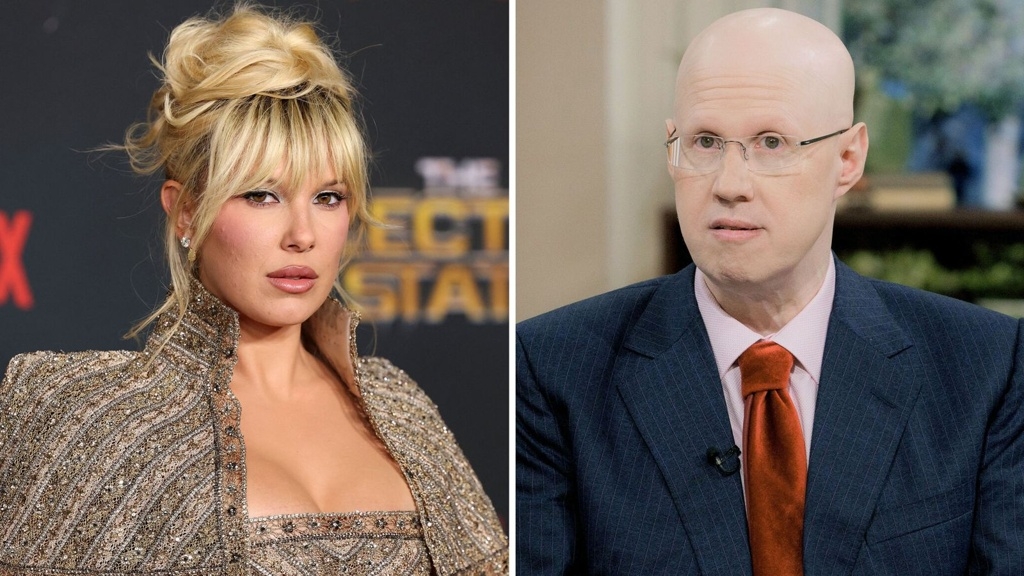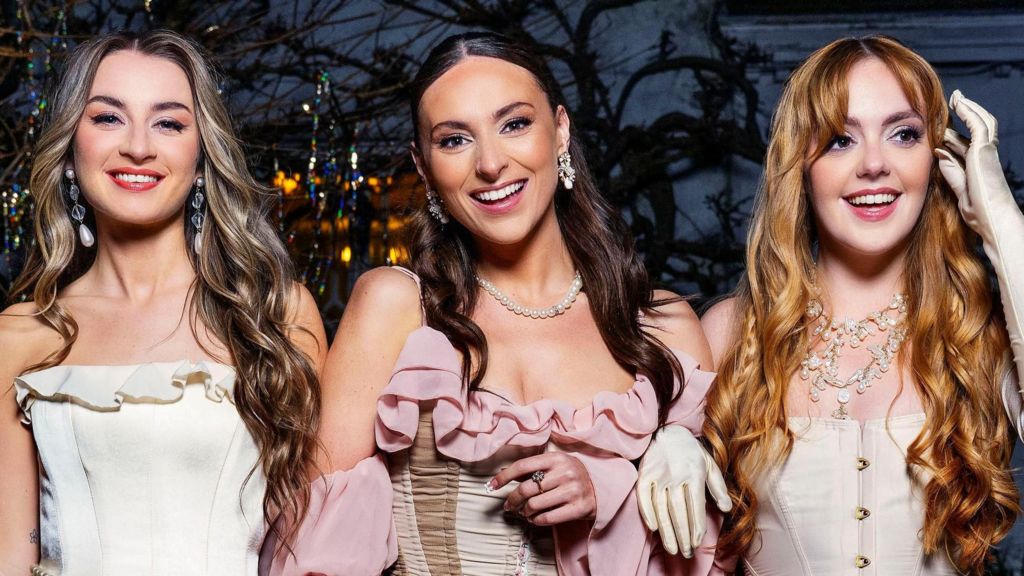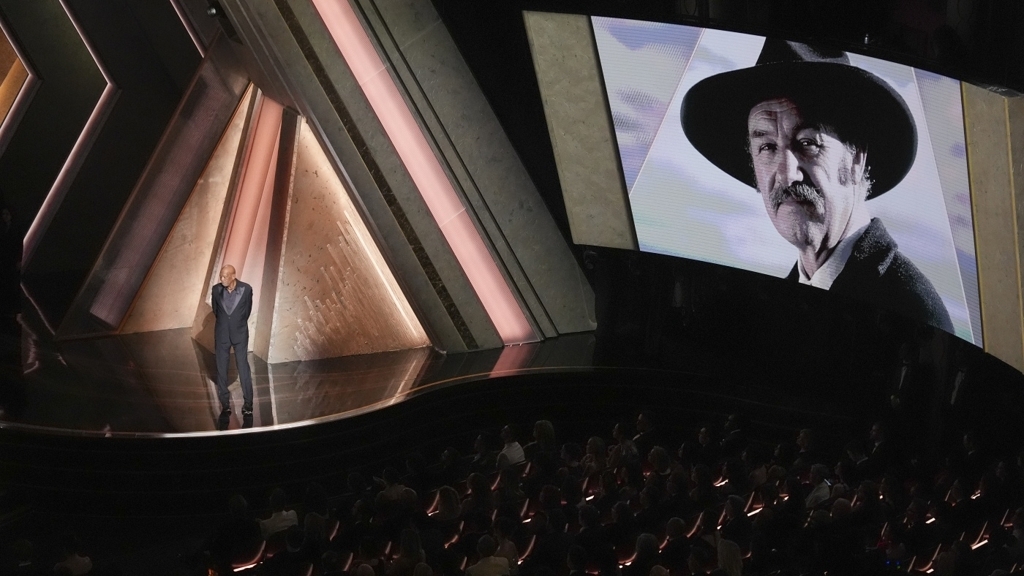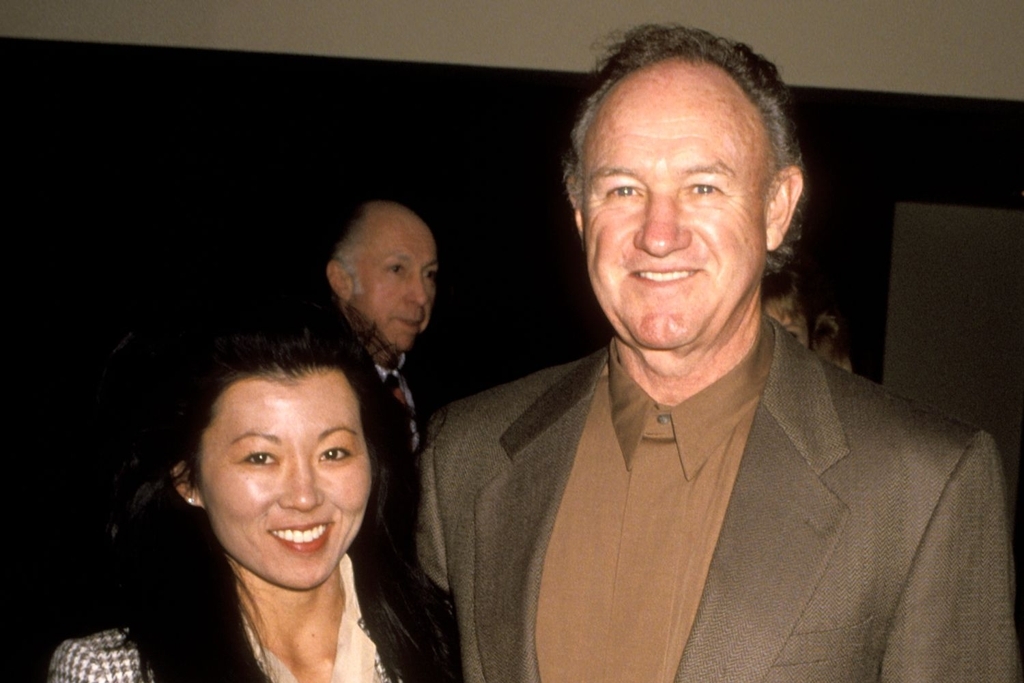Matt Lucas Apologizes to Millie Bobby Brown on Social Media
Matt Lucas's apology to Millie Bobby Brown sparks vital discussions on bullying and the importance of empathy in media and personal interactions.

Key Points
- Matt Lucas issued an apology to Millie Bobby Brown
after his social media post was misinterpreted as bullying, highlighting the need for empathy in public discourse.
- Millie Bobby Brown addressed the harmful scrutiny of her appearance, emphasizing that such criticism perpetuates bullying and unrealistic expectations on young women.
- This incident encourages a cultural shift towards supporting one another and fostering compassion in online interactions.
In today's world, where social media reigns supreme, the power of words can have profound implications. Recently, a situation involving acclaimed comedian Matt Lucas and young actress Millie Bobby Brown demonstrated just how critical our statements can be, especially when directed at individuals in the public eye. The exchange not only sparked conversations about bullying and societal standards but also reiterated the importance of compassion and understanding in our interactions.
It all began when Matt Lucas, known for his role in the sketch show "Little Britain", shared a photo of Millie Bobby Brown on social media. Alongside the image, he included a catchphrase from one of his characters, Vicky Pollard, which was intended as a humorous reference. However, many interpreted this as an unkind remark aimed at the 21-year-old star of "
". Millie subsequently addressed the criticism she faced regarding her appearance in a powerful social media post, highlighting the damaging effects of online bullying.

Brown, who rose to fame as Eleven in the hit
series, emphasized that the scrutiny surrounding her appearance amplified bullying tactics often targeted at young women. “I refuse to apologize for growing up”, she asserted, reminding her followers and the media that it is unreasonable to expect someone, especially someone in the public eye, to remain static while they navigate personal growth and transformation.
Lucas quickly recognized the misunderstanding and issued a heartfelt apology. In his response to Brown, he expressed appreciation for her work and clarified his intention, stating, “I thought you looked terrific and I was mortified when the press wrote that I ‘slammed’ you”. This acknowledgment is vital not just for personal redemption but also for highlighting the need for empathy in our interactions.
The Impact of Public Scrutiny
The incident raises broader questions about the media's role in shaping perceptions, particularly regarding women's appearances. Millie pointed out that harmful narratives are often perpetuated by those who should ideally uplift young women. For example, she identified specific articles that focused on criticism rather than constructive commentary, urging a cultural shift towards supporting one another rather than tearing each other down.
This situation is symptomatic of a trend where public figures, especially women, find themselves under relentless scrutiny. Lucas and Brown's interaction serves as a microcosm of a larger societal issue: the habit of placing unrealistic expectations on individuals to maintain a certain image. As Brown poignantly stated, “Disillusioned people can’t handle seeing a girl become a woman on her terms, not their own”.

A Call for Change
In an age where social media can amplify both positivity and negativity, the call for a cultural reset has never been more relevant. Brown's courage in addressing these issues serves as an inspiration for all of us. It is vital to remember that words matter; they have the power to uplift or harm, to inspire or disparage. As consumers of media, we can actively choose to foster a more supportive environment.
Moving forward, we must advocate for a social media landscape that prioritizes compassion. Both Lucas and Brown's experiences highlight the necessity of thinking before we share opinions publicly — especially when they concern someone else's life and choices. Apologies, like those from Lucas, can pave the way for understanding and healing and remind us that mistakes, while regrettable, can also lead to meaningful dialogues.
This encounter between two public figures is a significant reminder that while we may be quick to pass judgment on others, we should also be ready to listen, learn, and support. Together, we can create a culture that champions growth, understanding, and respect for individuals, regardless of their public persona.


